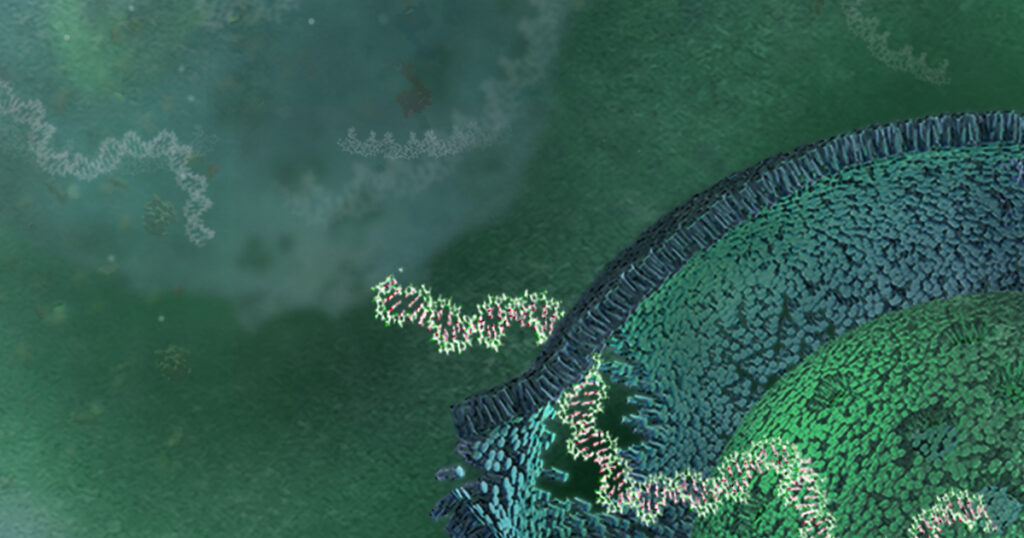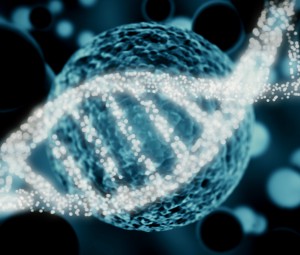Imagine you are traveling in your car and must pass through a mountain range to get to your destination. You’ve been following a set of directions when you realize you have a decision to make. Will you stay on your current route, which is many miles shorter but contains a long tunnel that cuts straight through the mountains and obstructs your view? Or will you switch to a longer, more scenic route that bypasses the tunnel ahead and gets you to your destination a bit later than you wanted?

Choosing which route to take illustrates a clear trade-off that has to be considered—which is more valuable, speed or understanding? Yes, the tunnel gets you from one place to another faster. But what are you missing as a result? Is it worth a little extra time to see the majestic landscape that you are passing through?
Considering this trade-off is especially critical for researchers working with human DNA purified from formalin-fixed paraffin-embedded (FFPE) or circulating cell-free DNA (ccfDNA) samples for next-generation sequencing (NGS). These sample types present a few challenges when performing NGS. FFPE samples are prone to degradation, while ccfDNA samples are susceptible to gDNA contamination, and both offer a very limited amount of starting material to work with.
Continue reading “Choosing a Better Path for Your NGS Workflow”
Like this:
Like Loading...


 The product’s launch was an exciting milestone for Promega as research interest in the role of ccfDNA as biomarkers in human disease continues to grow. Elevated levels of ccfDNA have now been reported in patients with cancer, inflammatory disease, infections and cardiovascular disease. In pregnant women, up to 10% of ccfDNA can be attributed to the fetus, so critical fetal DNA analysis can now be conducted through maternal blood samples. There are many advantages in the ability to isolate and analyze ccfDNA, so the development of a kit with high throughput capability was a priority for the Nucleic Acid Purification R&D team.
The product’s launch was an exciting milestone for Promega as research interest in the role of ccfDNA as biomarkers in human disease continues to grow. Elevated levels of ccfDNA have now been reported in patients with cancer, inflammatory disease, infections and cardiovascular disease. In pregnant women, up to 10% of ccfDNA can be attributed to the fetus, so critical fetal DNA analysis can now be conducted through maternal blood samples. There are many advantages in the ability to isolate and analyze ccfDNA, so the development of a kit with high throughput capability was a priority for the Nucleic Acid Purification R&D team. 